by Richard van Pelt, WWI Correspondent
The banner headline in the Oregon Statesman read “Right Flank of Germans Is Turned By The Allied Armies.” The paper reported that “The Daily Mail’s correspondent reports the German right has been turned between Peronne and St. Quentin. He says that during all Sunday night wounded have been arriving at an unnamed place. They report there are nine miles of dead in trenches between those two towns.
Both Salem papers lamented editorially on the effects of censorship and how it limited their ability to provide readers with any sense of what war was like. The Statesman printed, on its editorial page the following description of “War As It Is:”
It is difficult for any stay-at-home civilian to picture to himself the reality of warfare. Here, however, is a word picture of a modern battle so vivid that any reader can imagine himself in the narrator’s place. It is from the diary of a German officer, printed in the Weser Zeitung, and describes a day’s fighting in the Belgian campaign:
“We hear that our baggage has been attacked. One company turns back. Now the village has been burned down; all the people shot. We turn off behind a wood. Four regiments lay down their knapsacks and ‘iron rations’ are taken out. We form in ranks for the charge.
“Shells whiz past, but without aim. We gallop past our own artillery, stuck helplessly in the mud up to the stomach. Now were are directly in front of the firing line of the forts. There is wild clamoring. Friend and enemy look alike.
“I am lying before a barricade of trees and barbed wire, with my comrade, Lieut. G., on my right and the Captain on my left. shells explode all around. Everywhere there is the infernal noise of musketry fire. The air is hot. A few yards ahead is better cover. I nudge Lieut. G. and ask, ‘Shall we go forward?’ No answer – he is dead.
“The Captain jumps to his feet and falls back. He is shot in the breast. I raise my arm, my company responds to my command. I rush forward and a terrible blow throws me back three feet. I have received a shell in the left thigh. The pain is terrible. Before me an officer calls out my name, holds out his hand, and then falls back – dead. In front of me there is a flag, and I try to crawl up to it. The bearer is dead.
“A second shot strikes me in the left arm, a third in the right arm. I bite the earth with pain. Our men advance. I lie in one place twelve hours. A doctor comes with bandages. I am carried away. shivering with fever, I meet our regiment. Its losses are terrible. I am taken to a field hospital. There are others who have to suffer even greater pain that I; that makes me keep quiet.
“I have lost everything. The clothes I wore were so soaked with blood that they were burned. A Russian brought me some underwear, and a sympathetic little woman is washing and mending a uniform for me.
“This is war! That soldier is one of the 15,000,000 now engaged in the same line of business – suffering agony, inflicting agony on others. And yet men march gaily forth to war, and prate of its “glories” and “triumphs.”
The editor was clearly frustrated at the paper’s inability to accurately report the course of the war. For thousands of residents this was not a war in some distant country. Oregonians in Marion County came to this area from all of the belligerent nations and were either immigrants or children of immigrants:
Blundering Censorship
When it comes to judging this war, Uncle Sam is “from Missouri.” If any of he belligerents are dissatisfied with our trend of sentiment, the best thing they can do is to let us have the news – all of it, without mutilation or perversion at the hands of military censors in Berlin, Paris, London or elsewhere.
Americans, unlike most Europeans, are accustomed to getting plan facts in their newspapers. They do not care for predigested news. Any attempt to treat them like babes whose opinions can be fashioned at will through concealment or distortion of fact is likely to end in failure.
Some of the belligerent nations have complained of misapprehension and unfairness in America. Germany in particular has found fault with us, and is no engaged in a publicity campaign got regain our national good will.
If, as Germans insist, our news has been distorted and colored y French and English influence and censorship, Germany herself is largely to blame in making it so difficult for us to get the truth. Let Germany abolish her rigid censorship. Let American correspondents enter her lines and write and file what they choose – excepting, of course, strategic plans and other matters that really demand secrecy. The correspondents are trained fact-gatherers and men of honor. They will give us the truth. then, if Germany has been wronged, we shall know it, and shape our sentiment accordingly.
The allies, too, have been guilty of rather stupid censorship, especially England. Let them take down the bars, if they have nothing to be ashamed of.
American newspapers do not want to give away strategic secrets – and there are few such secrets nowadays. They want to print facts about the events that have occurred, just as they would in an American war, because their readers demand facts, and prefer to form their own opinions. Any nation that is willing to let our press representatives tell all the truth as they find it need not fear distortion by American editors or misjudgment by the American public.
Journalism that “attempt[s] to treat them like babes whose opinions can be fashioned at will through concealment or distortion of fact is likely to end in failure” is a sentiment as applicable today as it was in 1914, though the fashioning of opinions by pre-digesting the news has the effect of turning adults into babes.
The Capital Journal brought home the immediacy of the war in an article headlined “Pathetic Case Is Result of the War:”
With two brothers held in the German army and no one to care for their dependents, Miss B. Gemkow, of Gooch, arrived in Salem this morning looking for work.
The brothers went to Germany in May to visit. While there they were held as reservists. Their only possession here is some farmland near Portland. One brother has three children, who are motherless, and so the land has been rented to enable the children to go to school in Portland.
Weeping because of her dilemma, the woman was found this morning in the Oregon electric depot. She speaks little English but when German people were brought to her she told of her deprivation and suffering. Matron Dorsey said that Miss Gemkow is anxious to find work with a German family.



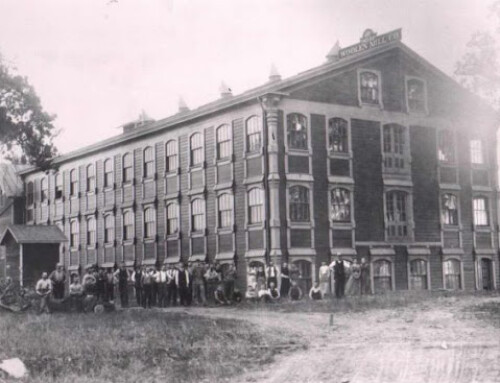
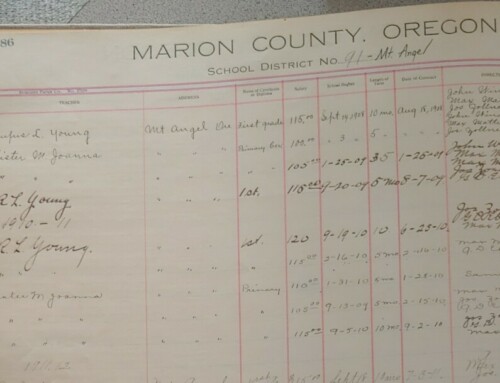
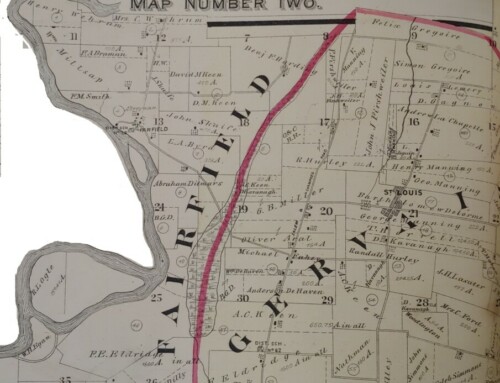
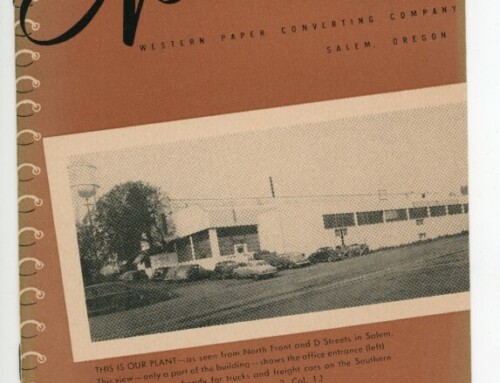
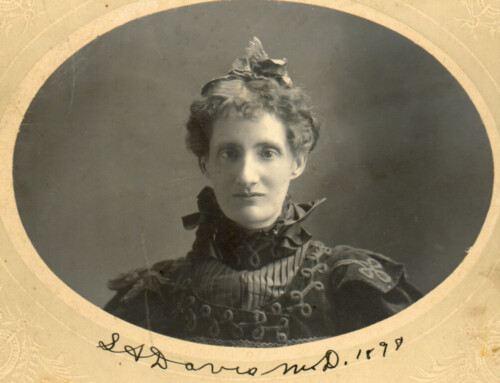
Leave A Comment